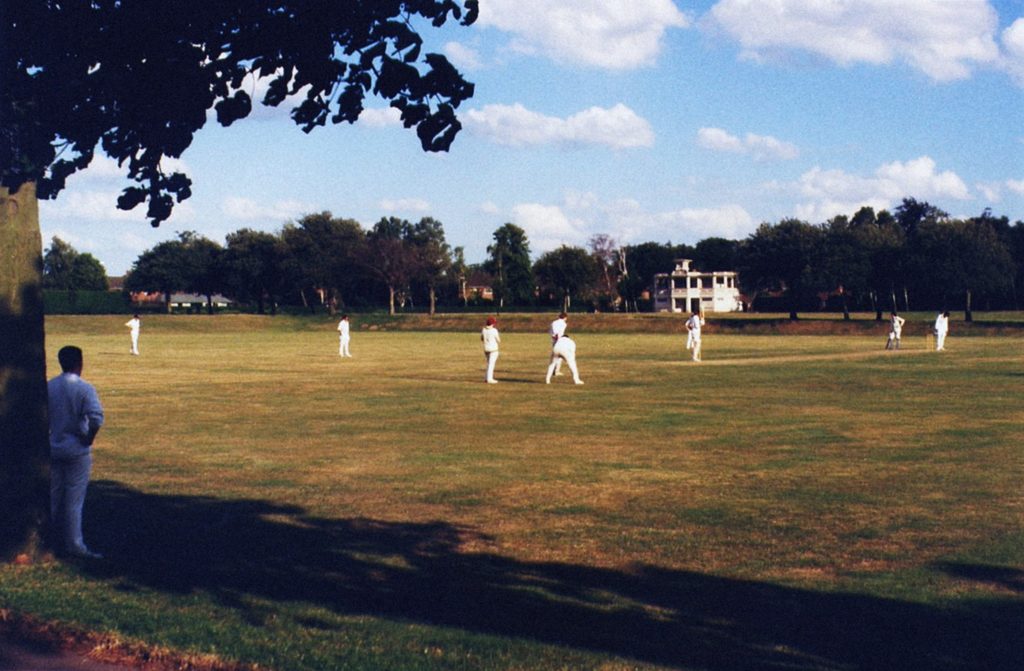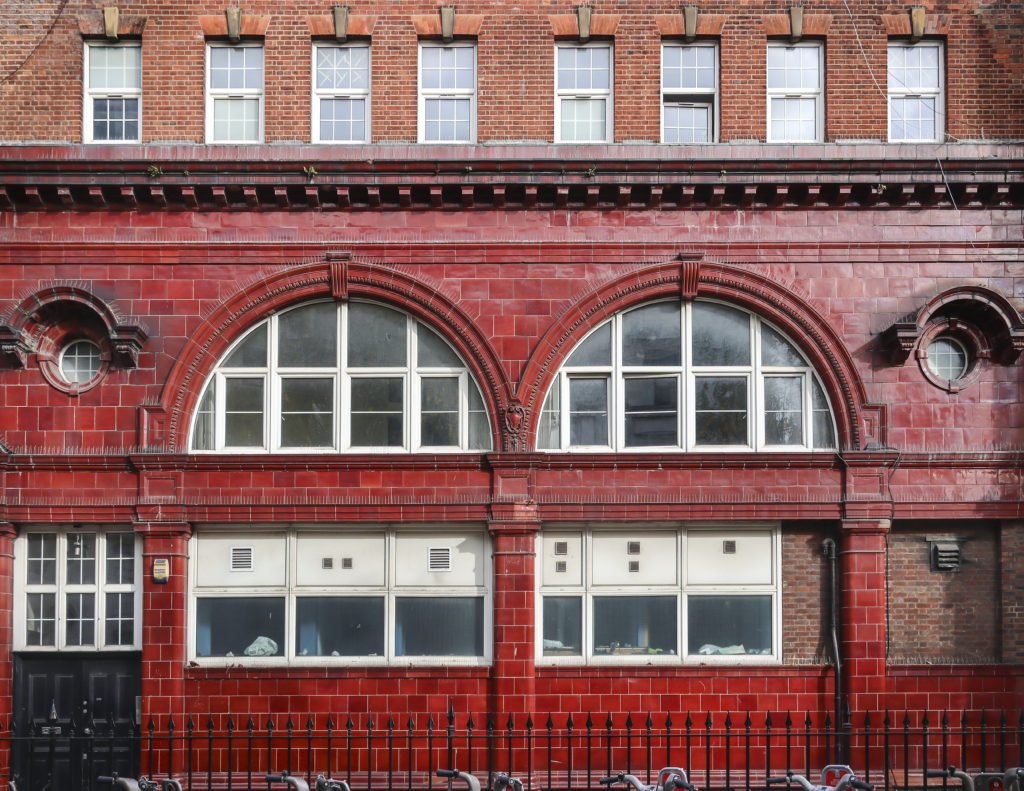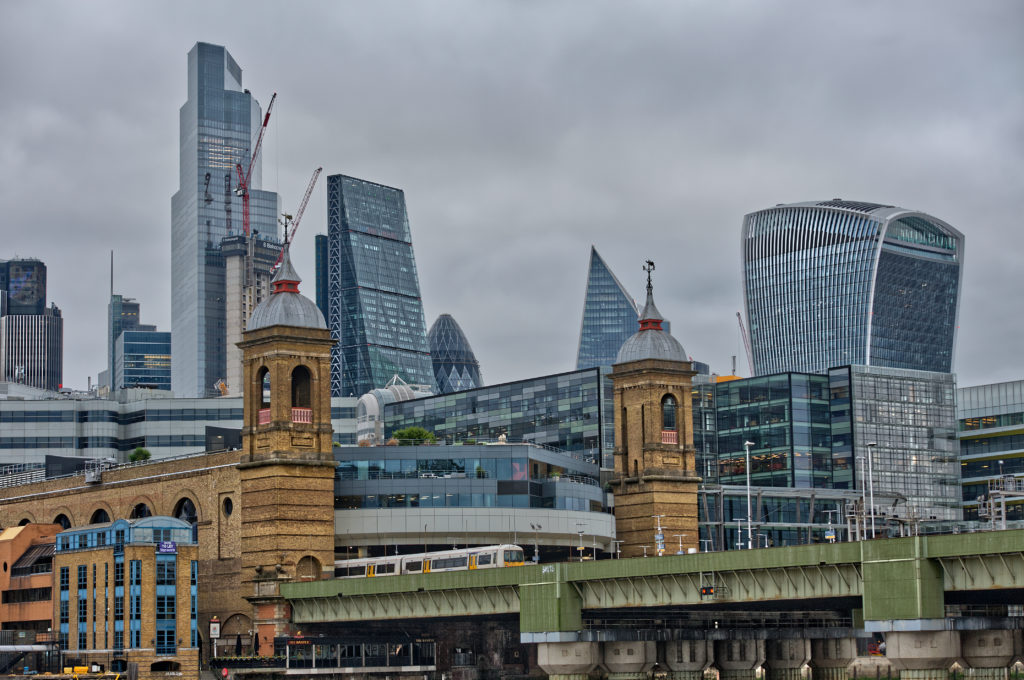
Professor Robert Barrington applies the lens of corruption analysis to the Grenfell Inquiry report, asking whether prosecutions might be possible, and what the Inquiry tells us about the way in which the UK authorities address corruption.
Back in July 2017, after Theresa May had announced that a public inquiry into the Grenfell tragedy, Transparency International (TI) wrote to the incoming head of the inquiry. The message was simple: “Although there is no evidence as yet that corruption has had a role to play, our experience from around the world is that there is a high risk that corruption will have played a role. This is certainly the perception of the public, and at very least this perception needs to be laid to rest. At worst, it is possible that corruption played a part in turning a small domestic fire into a very great tragedy“. TI proposed that corruption should specifically be included in the Grenfell Inquiry’s Terms of Reference.
In the majority of countries in the world, one of the first questions to be asked in such a situation would be ‘who paid the bribes?’. This is because there is widespread recognition, backed by substantial evidence, that bribery is a common contributing factor to disasters. Two examples are: the Rana Plaza factory collapsing in Bangladesh, where public officials had been bribed to turn a blind eye to unsafe construction practices at a building that was fundamentally unsafe; and the Turkish earthquake, where bribery of officials had allowed sub-standard construction that meant the death toll in the earthquake was very much higher than it might otherwise have been.
It is no coincidence that these examples both involve construction, which surveys across the world regularly pinpoint as one of the sectors with the highest levels of corruption. This is also in the case in the UK, where research shows that construction is the sector in which bribe-paying is most prevalent.
Despite this, the UK has a very poor record of investigating corruption, even in public inquiries that are meant to be looking at it. The recent Tees Valley Review is a good example of how the UK is institutionally ill-equipped to spot corruption. There is a long-standing assumption that corruption is a problem that happens abroad but not within these shores. We have (unlike peer countries such as France and Australia) no anti-corruption agency. In the occasional surges of interest by the British government in tackling corruption, the activities are generally aimed at addressing corruption overseas and not corruption within the UK.
Despite TI’s alert in 2017, corruption did not make it into the Grenfell Inquiry’s Terms of Reference (ToRs). Does this matter, when the report was so thorough and damning about so many things which were apparently much more core to the tragedy? Well, yes. Having corruption in the Inquiry’s ToRs would have mattered for two big reasons.
First, if you do not analyse the problem properly, it is much harder to find an appropriate solution. We still do not know if corruption was a factor at Grenfell, and therefore the anti-corruption solutions garnered from the last three decades of research, law enforcement and practical experience will not be applied.
Second, there may be specific corruption-related offences that could be prosecuted under anti-corruption laws and which might not have been surfaced. If you don’t look for it, you are less likely to find it. In the 1,700-odd pages of the report there is not a single mention of the words ‘bribe’, ‘bribery’, ‘corrupt’ or ‘corruption’. There is one lone mention [vol II, para 26.68] of a ‘corrupting’ influence, of which more below. Notwithstanding the notable absence of any analysis of corruption, the Grenfell Inquiry report did not pull its punches in other areas, which in themselves give some sense of where a corruption analyst might look with interest. For example:
- The Building Research Establishment (BRE) ‘held a trusted position within the construction industry […] However, from 1991 much of the work it carried out in relation to testing the fire safety of external walls was marred by unprofessional conduct, inadequate practices, a lack of effective oversight, poor reporting and a lack of scientific rigour’ [para 2.15]. ‘We saw evidence of a desire to accommodate existing customers and to retain its status within the industry at the expense of maintaining the rigour of its processes and considerations of public safety’ [para 2.18].
- The cladding materials companies were dishonest and colluded with the BRE: ‘One very significant reason why Grenfell Tower came to be clad in combustible materials was systematic dishonesty on the part of those who made and sold the rainscreen cladding panels and insulation products. They engaged in deliberate and sustained strategies to manipulate the testing processes, misrepresent test data and mislead the market. In the case of the principal insulation product used on Grenfell Tower, Celotex RS5000, the Building Research Establishment (BRE) was complicit in that strategy‘ [para 2.19].
- “The British Board of Agrément (BBA) is a commercial organisation that certifies the compliance of products with the requirements of legislation. The dishonest strategies of Arconic and Kingspan succeeded in a large measure due to the incompetence of the BBA, its failure to adhere robustly to the system of checks it had put in place, and an ingrained willingness to accommodate customers instead of insisting on high standards […] The underlying problem was that the BBA failed to manage the conflict between the need to act as a commercial organisation in order to attract and retain customers and the need to exercise a high degree of rigour and independence in its investigations in order to satisfy those who might consider relying on its certificates” [paras 2.42 and 2.43].
- The National House Building Council (NHBC) ‘was unwilling to upset its own customers and the wider construction industry by revealing the scale of the use of combustible insulation in the external walls of high-rise buildings, contrary to the statutory guidance. We have concluded that the conflict between the regulatory function of building control and the pressures of commercial interests prevents a system of that kind from effectively serving the public interest’ [para 2.50].
These extracts paint a damning picture, but do not mention corruption. So what happens if we do apply the lens of corruption analysis to what the report tells us about Grenfell? Even though the Inquiry did not examine corruption, the report does provide a substantial amount of information to allow such an analysis.
As a start, we should clarify what is meant by ‘corruption’. Of course, not all things that go wrong are due to corruption, even though the term is readily applied on social media. That makes it even more important to choose a definition and apply it reasonably. The CSC defines corruption in a generic sense as ‘the abuse of entrusted power for private gain which harms the public interest’. This covers a multitude of activities seen in the Grenfell case, including conflicts of interest, regulatory capture and cronyism (for more precise definition of these terms, see the Dictionary of Corruption).
The best-known form of corruption is bribery, and this has particular relevance to the question of prosecutions in the Grenfell case because bribery can be prosecuted under the Bribery Act of 2010. This defines bribery as when someone ‘promises or gives a financial or other advantage to another person, and intends the advantage (i) to induce a person to perform improperly a relevant function or activity, or (ii) to reward a person for the improper performance of such a function or activity’.
Might this apply to the BRE, the BBA or NHBC, who were responsible for certification and accreditation, and their relationships with the ‘dishonest’ companies? The report describes as a ‘conflict of interest’ the process by which companies would funnel membership and other fees to one part of such outfits, while receiving undeserved accreditation from another. The report says ‘the practice of building control bodies and approved inspectors “working with” the industry rather than holding it to proper standards was corrupting, because it tended to undermine the independence of building control officers and approved inspectors‘ [Vol II para 26.68 – my emphasis].
The word ‘corrupting’ does a lot of heavy-lifting here, since there is no further exploration of which individuals were ‘corrupting’ which other individuals and whether this did, or was intended to, induce or reward an improper performance of function.
If that were happening in Bangladesh or Turkey, campaigners would be saying that it looks very like a bribe and should be investigated as such. Given the Grenfell Inquiry did not look for bribery we cannot say in this case whether there is potential for a Bribery Act prosecution, but it should certainly be one avenue for the police to explore.
On other aspects of corruption, the very under-used offence of Misconduct in Public Office might apply to any or all of those who held public office – officials (perhaps even Ministers) at the Department for Communities and Local Government and at the Royal Borough of Kensington & Chelsea RBKC) and its Tenant Management Organisation (TMO). The Crown Prosecution Service (CPS) says this requires ‘serious wilful abuse or neglect of the power or responsibilities of the public office held.’ The report is scathing about the government’s neglect of cladding fire safety risks over a number of years [paras 2.5-2.14] and accused the RKBC and TMO of ‘a persistent indifference to fire safety, particularly the safety of vulnerable people‘. Is this ‘serious wilful abuse or neglect of power’? The report does not tell us, but we can only hope that the language and analysis used in the report was designed to provide the foundation for a prosecution.
A corruption analyst would also be look for other things: regulatory capture, cronyism, patronage, lobbying, the revolving door, to name but a few. But with the marginal exception of lobbying, the report is silent on these things too. That is without even delving into the more philosophical question of whether the role of private sector in providing public goods (which the report does cover in other contexts) increased corruption risk to an unacceptable level.
Where does this leave us? It was an Inquiry into ‘the circumstances leading up to and surrounding the fire at Grenfell Tower‘. The report, mainly by omission, suggests that corruption was not one such circumstance, or perhaps that it was insufficiently important to attach the label of corruption given the many other subjects covered in the 1700 pages. Bizarrely, therefore, the circumstances that have so many of the hallmarks of corruption do not bear that label.
Perhaps it is no wonder that campaigners for the victims are dissatisfied. Without proper analysis of the problem, it is much harder to find an appropriate solution. Part of the solution is exemplary prosecutions, both to provide justice for the victims and as a deterrent to individuals and organisations from ever doing anything similar again. But based on the report’s emphasis, corruption-related prosecutions for the Grenfell tragedy look unlikely.
The Grenfell Inquiry may be done and dusted, but it should leave anti-corruption campaigners with a sour taste. It could all so easily happen again. Where was the part of the UK’s anti-corruption apparatus that was insisting corruption should be in the Terms of Reference? Who will be assisting the police in applying the concepts of the Bribery Act to the report? Which part of the UK law enforcement ecosystem has the expertise, experience and resources to prosecute corruption-related cases? Where is the general anti-corruption law that allows a tragedy with so many hallmarks of corruption to result in prosecutions?
In truth, the UK needs to reform its anti-corruption governance as a matter of urgency; we need a senior figure such as an independent anti-corruption commissioner to conduct the orchestra; and we need a general anti-corruption law to provide justice for victims when corruption is clearly at play but prosecutions are not seeming to follow. The resounding conclusion of the Grenfell Inquiry was that such a tragedy should never be allowed to happen again. In the absence of examining the role played by corruption, it is much harder to be certain that such a tragedy can be avoided in future.











Recent Comments